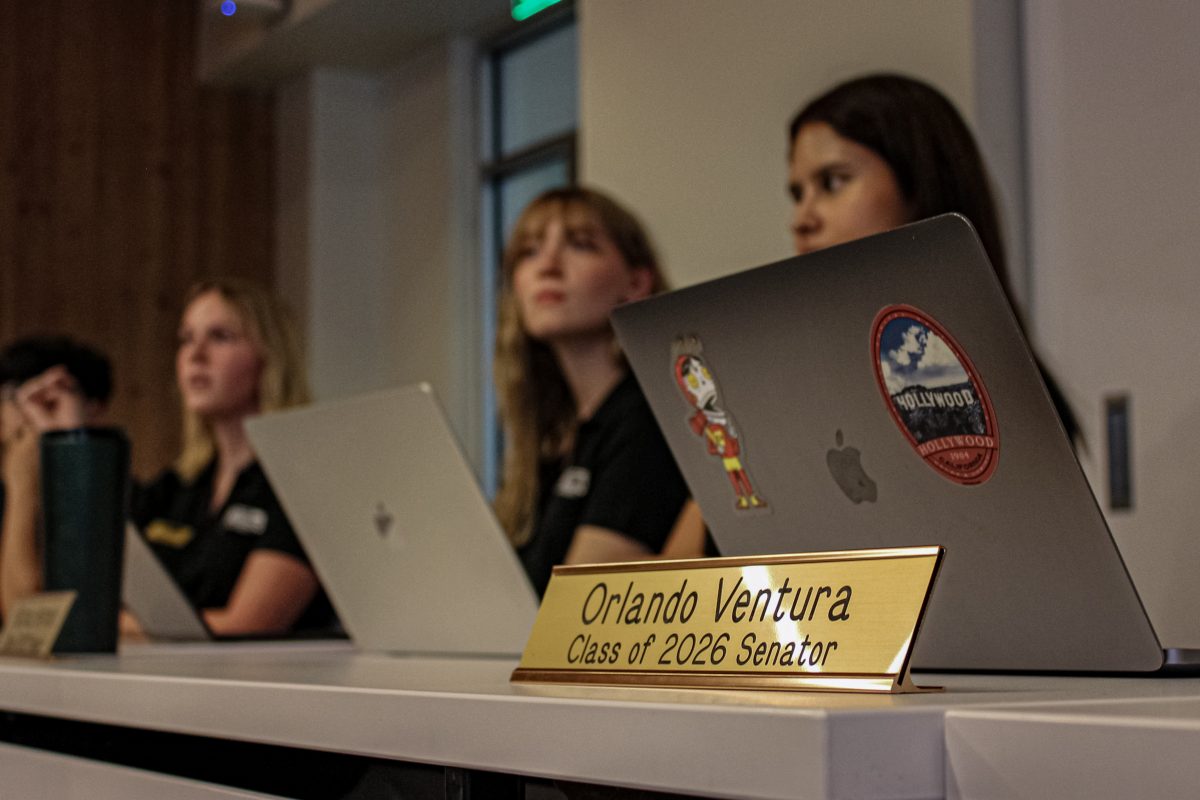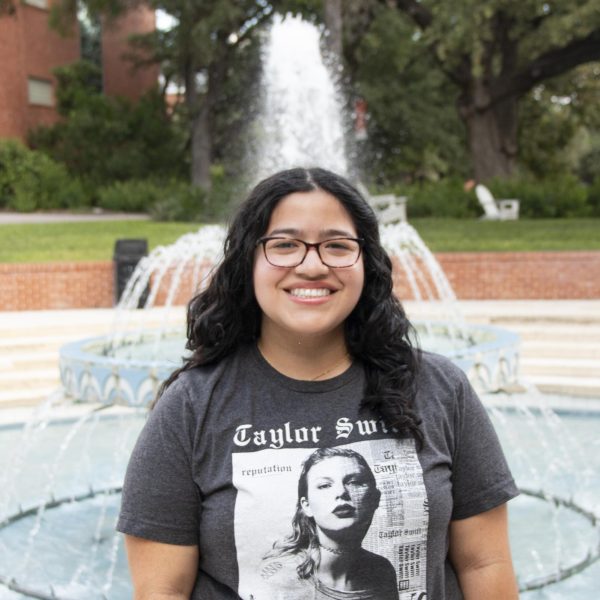With 112 registered student organizations (RSOs), many students approach Student Government Association (SGA) for funding, but SGA also has limits to how much they can approve.
SGA is an elected body which functions similarly to state-level legislatures. As stewards of the student activity fund, SGA allocates money to campus organizations as they request funding.
Joy Areola, senior human resource management and marketing double-major and SGA president, noted that SGA is not designed to prevent student organizations from getting funds.
“We’re here as a resource. We’re students who want to help other students,” Areola said.
SGA gets a multitude of funding requests in a given semester. In fall 2023, 73 organizations made funding requests to SGA and 77% of those were fully funded according to the SGA fall finance report. Allison Waters, senior economics and business double-major and SGA vice president, mentioned the importance of giving the presenters grace while still being critical at the Sept. 25 SGA senate meeting.
Also at this meeting, the Burgundy Label presented their initial club funding, which included the purchase of Grammarly premium for their writers. Patricia Hermoso, sophomore senator and international business major, made the following statement after the presenters had left. “Maybe we should add Grammarly if they can’t write Grammarly correctly,” Hermoso said at the meeting.
After this comment, President Areola indicated that not all clubs know what free resources are available to them as Trinity University students and SGA should explain those options to them. Areola indicated that there will be a new training series to ensure senators are respectful and fair when approving funds.
“We want to be good representatives of the student body, and so language like that absolutely is not the best, and we will own up to that and do better in the future,” Areola said. “In general, we do always want to watch language, and so that was definitely a good learning moment.”
As of fall 2023, 96% of funding requests were either fully or partially funded. Even with a low percentage of denied requests, student organizations may be apprehensive about presenting to SGA. Akshaya Ranjit, senior neuroscience and computer science double-major and vice president of the South Asian Student Association (SASA), expressed she was nervous before presenting in front of the senate, but said that arriving early helped.
“To people who are nervous about presenting to the Senate or to SGA, you don’t have to be as nervous as you are, just because everyone is super duper friendly,” Ranjit said. “They truly do just want the best for your club and your event.”
Audrey Vanegas, sophomore accounting major and captain of Swashbucklers, presented to SGA for funding at a Sept. 7 finance committee meeting. Vanegas noted that presenting in front of SGA changed her perception of the organization.
“To me, they were always just this, vague, higher-up power that was kind of untouchable,” Vanegas said. “It [the presentation] definitely made it to where if I need help in the future, I’d be much more willing to send SGA an email or something, and not be as scared.”
Typically, cases are denied or partially funded when free or cheaper alternatives are proposed for the organization to use. Waters emphasized that SGA does their best to serve the student body’s needs.
“We do want to fund everything. It’s just not feasible when we have a limited pot of money,” Waters said. “It’s never personal. It’s always about what would most benefit the student body as a whole is what we always look at. Again, orgs are always welcome to return to SGA for funding if they disagree with a decision that the Senate has come to, or always welcome to come back for reimbursement.”
Founded in 1922, SGA is an older organization and has changed significantly over the years. Areola noted the mistakes in the past and emphasized student interaction with SGA as a new goal to achieve.
“We know we’re not perfect. We are a student group, our leadership and members change every single year, and with that, there can be a couple of learning curves,” Areola said. “We really just want to try and see if we can open up more lines of communication to get better feedback from students so that we know what we need to fix.”









